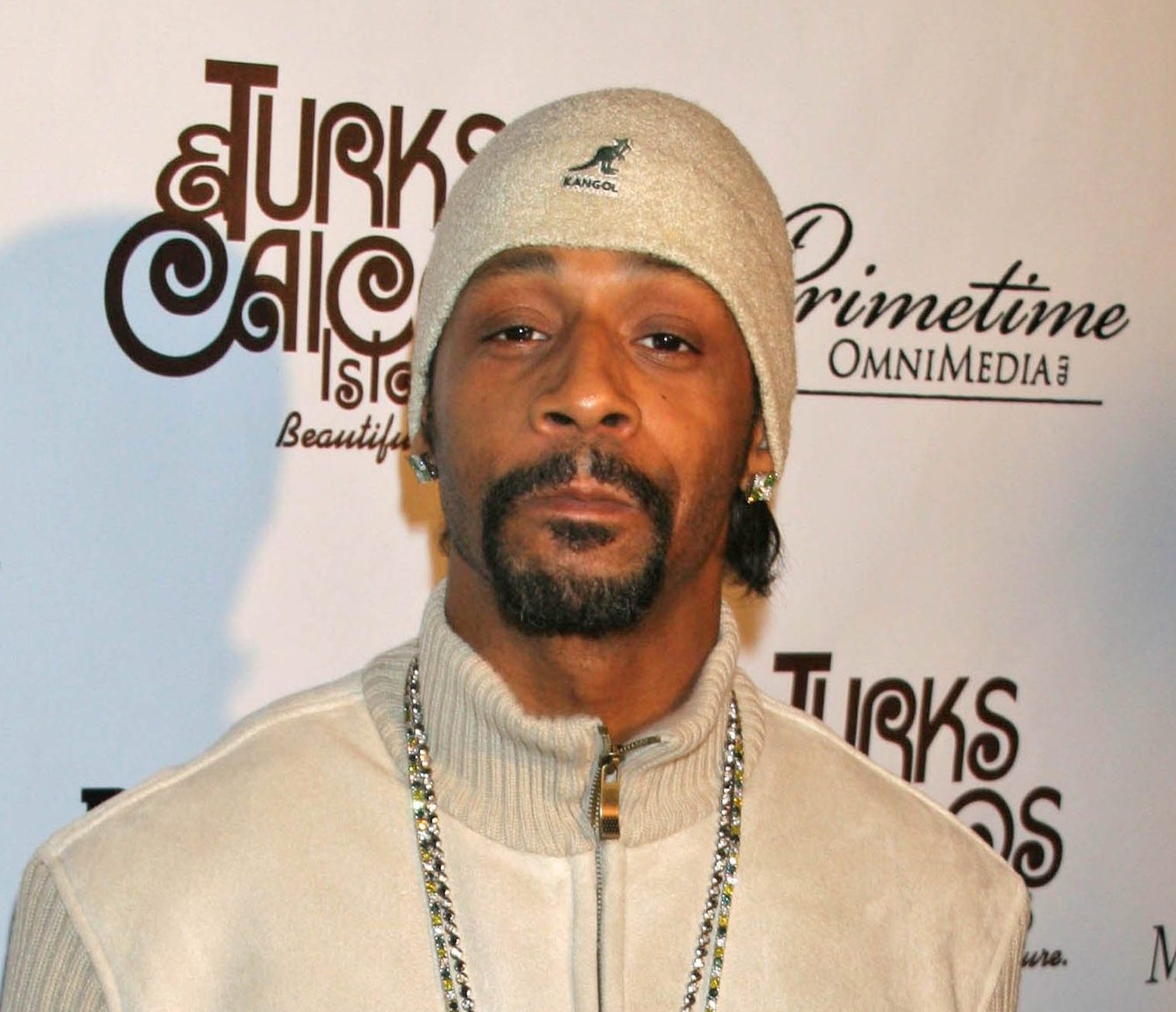Trial by Social Media: When Allegations Become Entertainment
In today’s hyperconnected world, celebrity scandals no longer unfold in courtrooms first—they explode across our screens, with accusations, rebuttals, and “receipts” shared in real-time.
This new reality has transformed serious allegations into entertainment spectacles, blurring the lines between justice, comedy, and profit.
Consider how quickly allegations against public figures morph into trending hashtags, memes, and content opportunities.
Before any legal proceeding begins, careers can collapse based on viral videos and screenshots. The court of public opinion doesn’t operate with the same standards of evidence or presumption of innocence—it runs on engagement metrics.

When comedians and social media personalities position themselves as citizen journalists, breaking “news” about celebrity wrongdoings, are they serving justice or serving themselves? The uncomfortable truth is that controversy converts to clicks, regardless of whether audiences support the accused or the accuser.
There’s undeniable economic incentive in being the first to “expose” a celebrity. Ticket sales spike. Streaming numbers jump. Podcast subscriptions multiply. Brand deals materialize. All while traditional media outlets scramble to catch up, abandoning careful verification for fear of missing the wave.
When controversy becomes currency, the temptation to sensationalize grows. A comedian with a grudge and a smartphone can trigger a PR crisis that costs millions in lost endorsements and opportunities. Is this accountability, or is it opportunism disguised as justice?
Public figures today operate under unprecedented surveillance. Every text message, direct message, and private conversation could potentially become tomorrow’s viral content. One poor decision—whether fleeing allegations or making inappropriate advances—can unravel decades of career building.
Yet we seem to crave these downfalls, celebrating the transformation of human failings into bingeworthy content. We devour complicated scandals as if they were scripted dramas, forgetting that real people’s lives and reputations hang in the balance.
There’s a profound tension between our desire for accountability and our appetite for entertainment. Serious allegations of misconduct deserve serious consideration—not memes, not comedy specials, not trending hashtags designed to maximize engagement.
When we treat allegations as content, we risk trivializing harm. When we rush to judgment before evidence is examined, we undermine the very concept of justice we claim to uphold. When we follow scandal stories with the same enthusiasm we bring to fictional narratives, we confuse serious matters with spectacle.
What if we demanded more from ourselves as media consumers? What if we resisted the urge to share unverified claims? What if we acknowledged the complexity of human behavior rather than reducing people to villains and heroes?
True accountability requires something social media rarely provides: patience, nuance, and careful examination of evidence. It means respecting due process while still taking allegations seriously. It means remembering that behind viral hashtags are real human beings—accusers who deserve to be heard and accused who deserve fair process.
The next time a celebrity scandal breaks across your timeline, ask yourself: Am I consuming this as justice, or as entertainment? The honest answer might be uncomfortable, but necessary.
Because in a world where allegations become content, and where careers can end with a video clip, we all bear responsibility for the culture we create through what we choose to amplify, believe, and share.